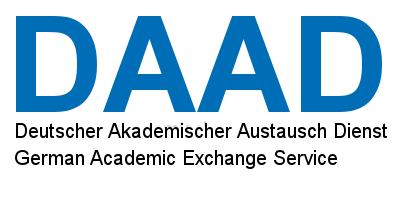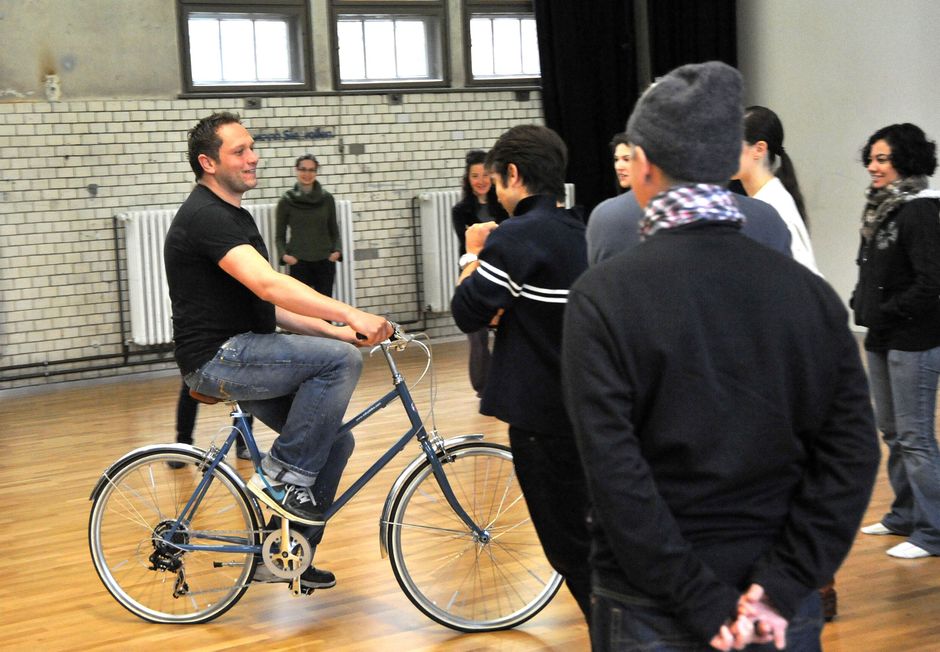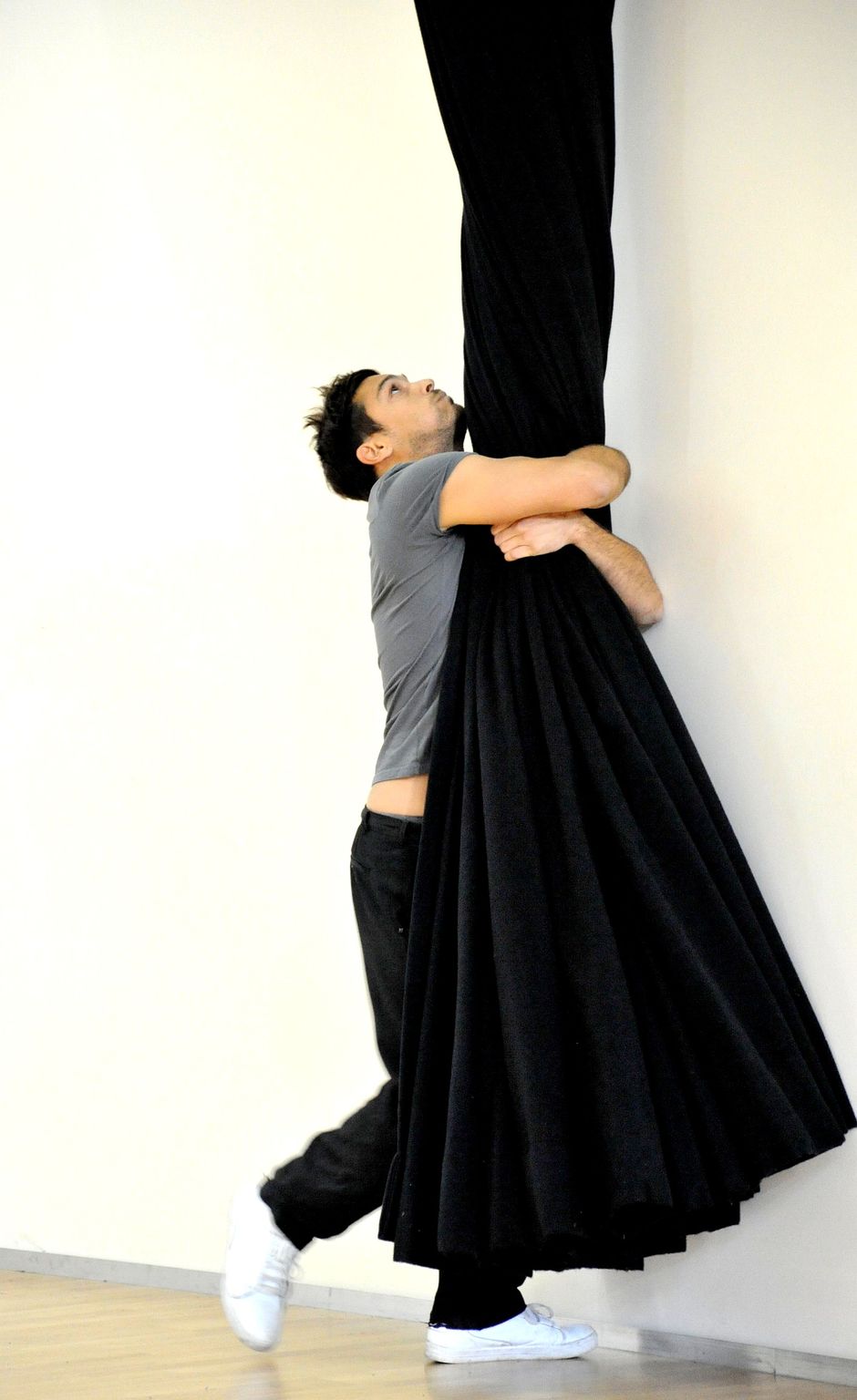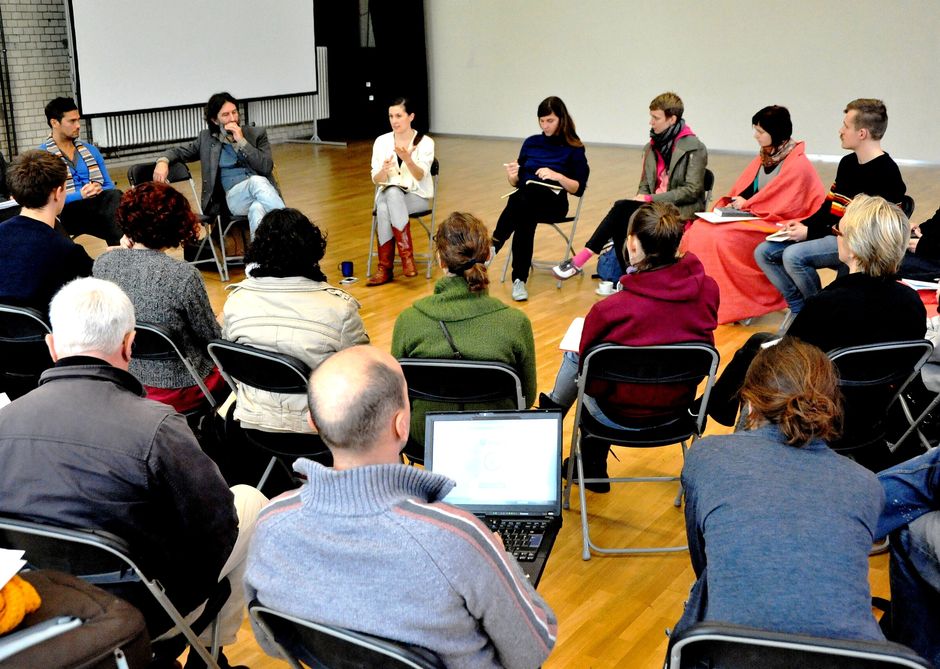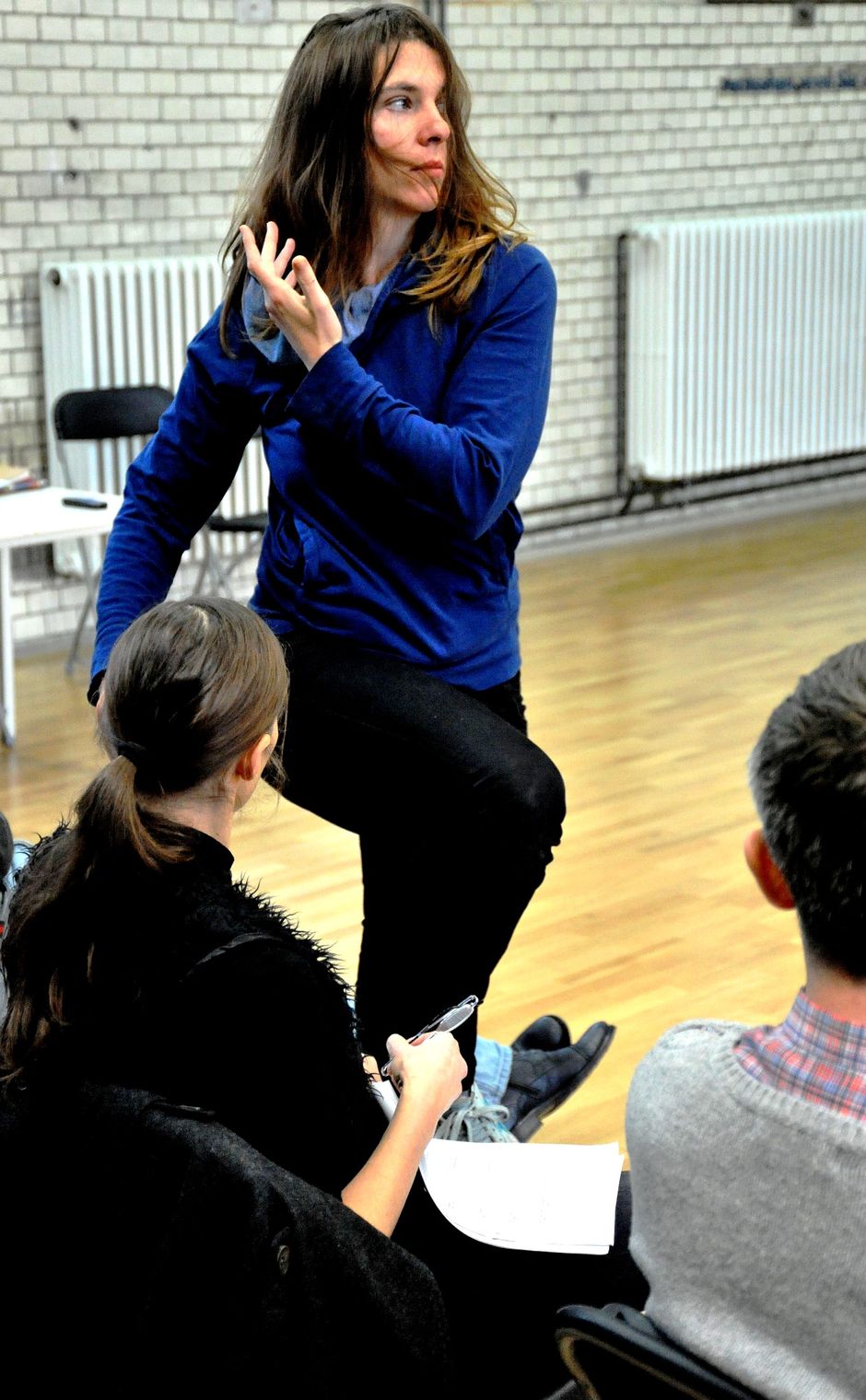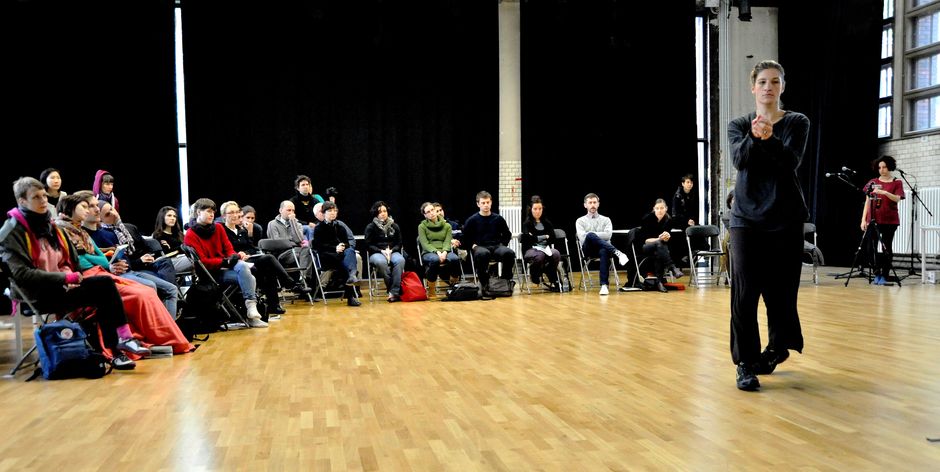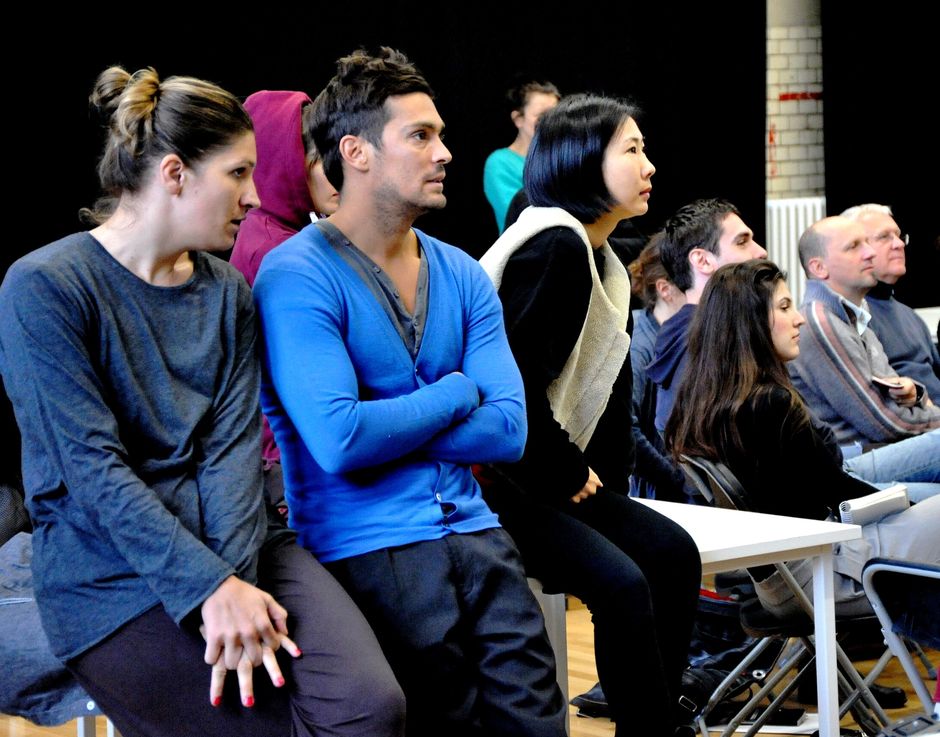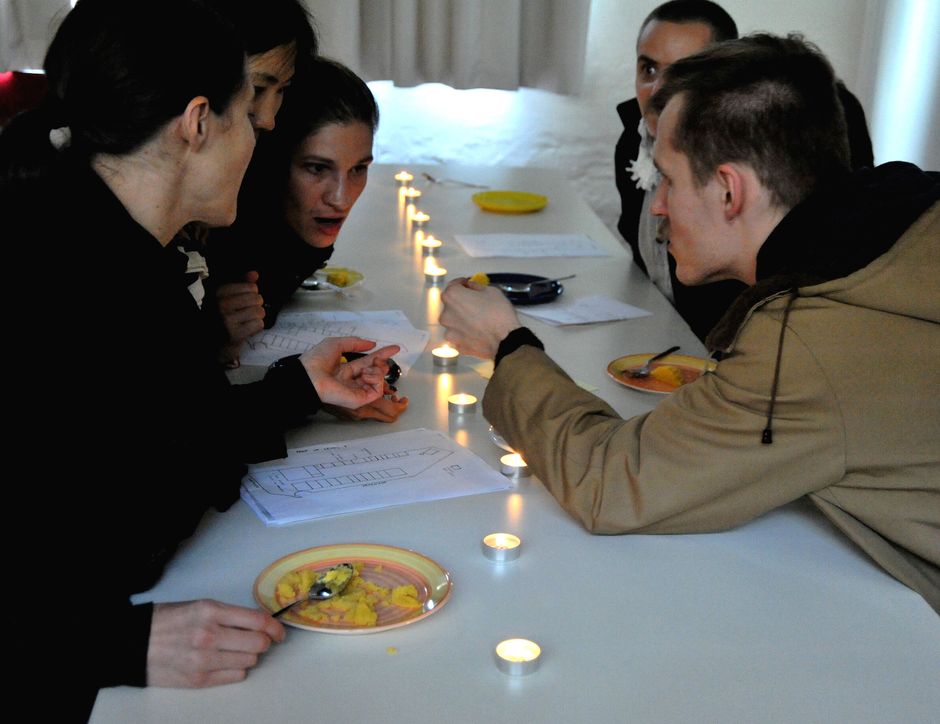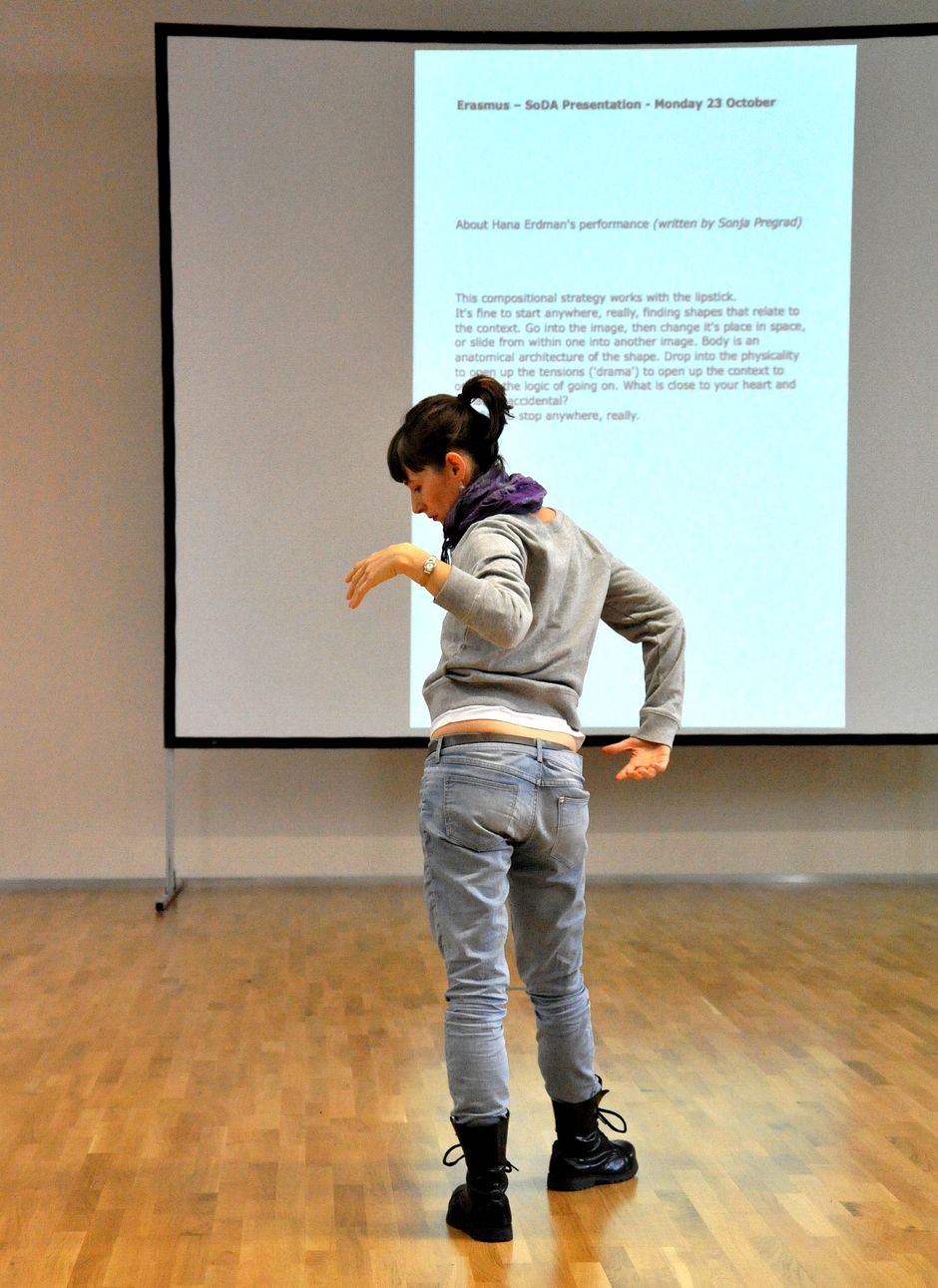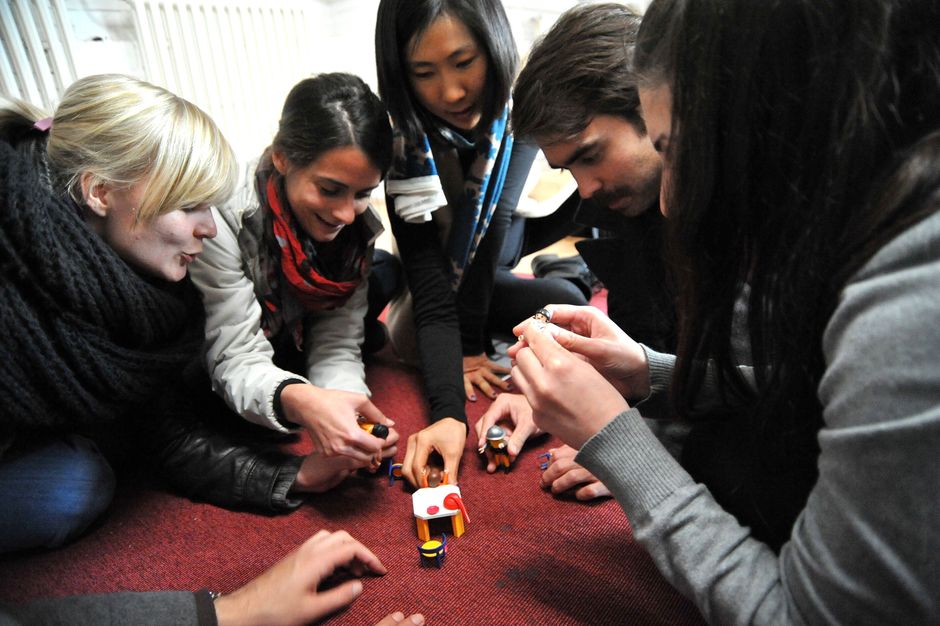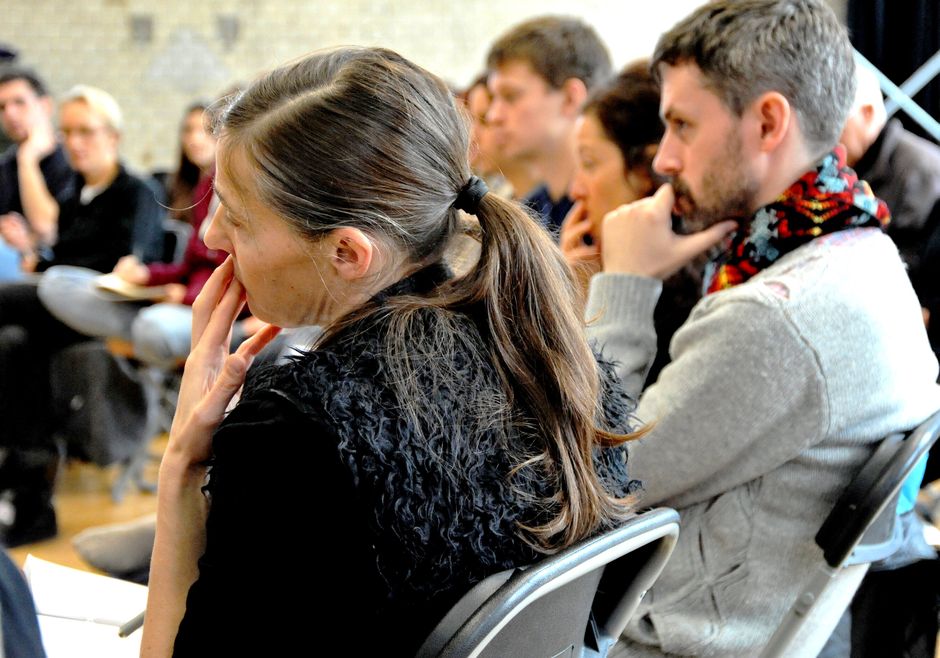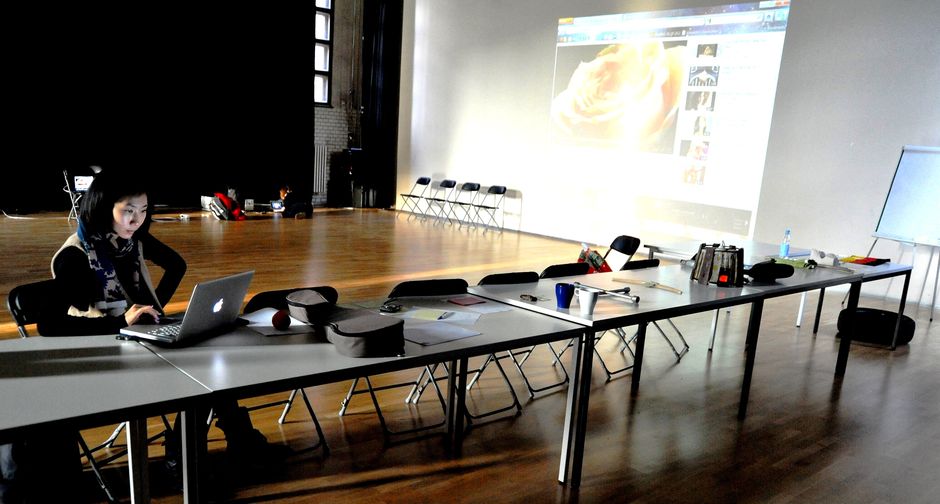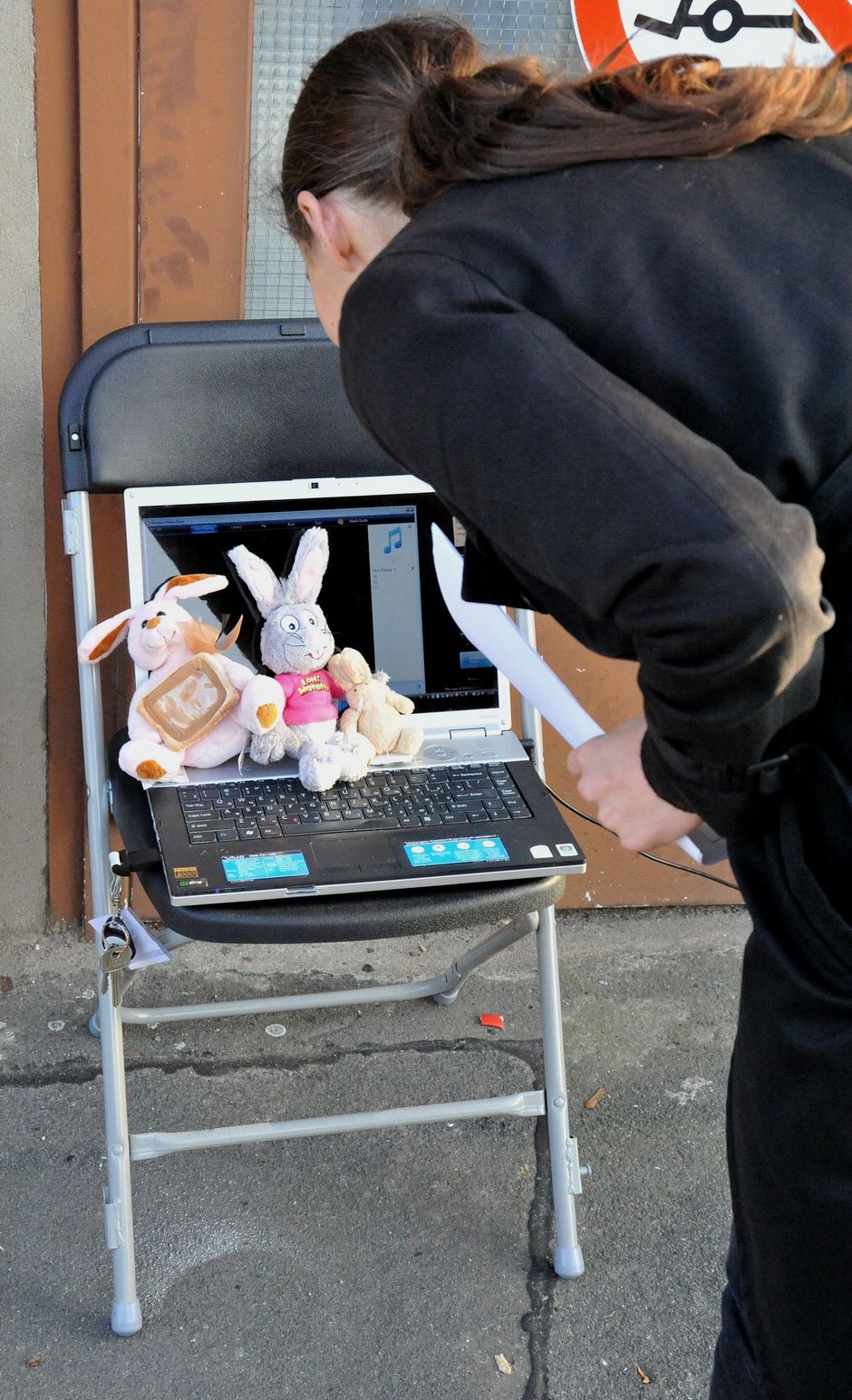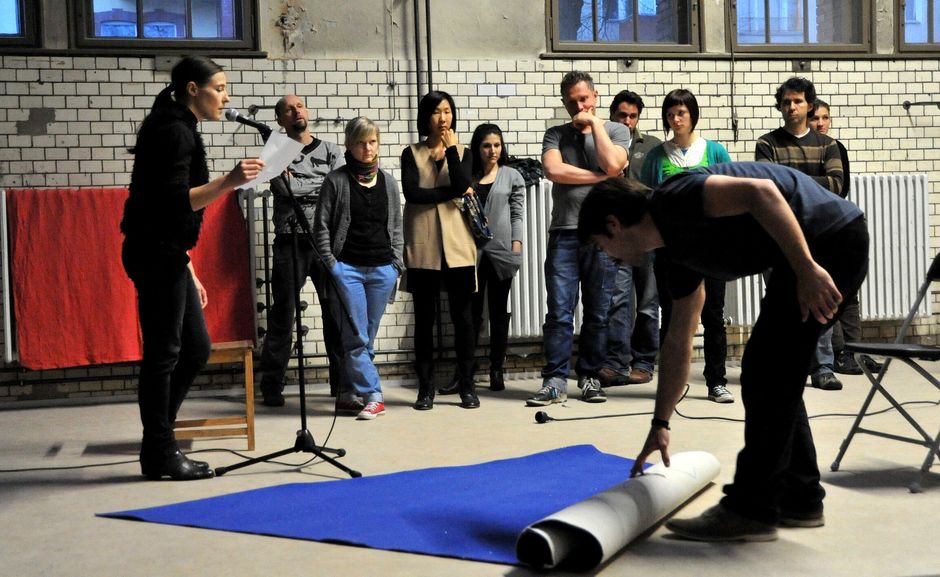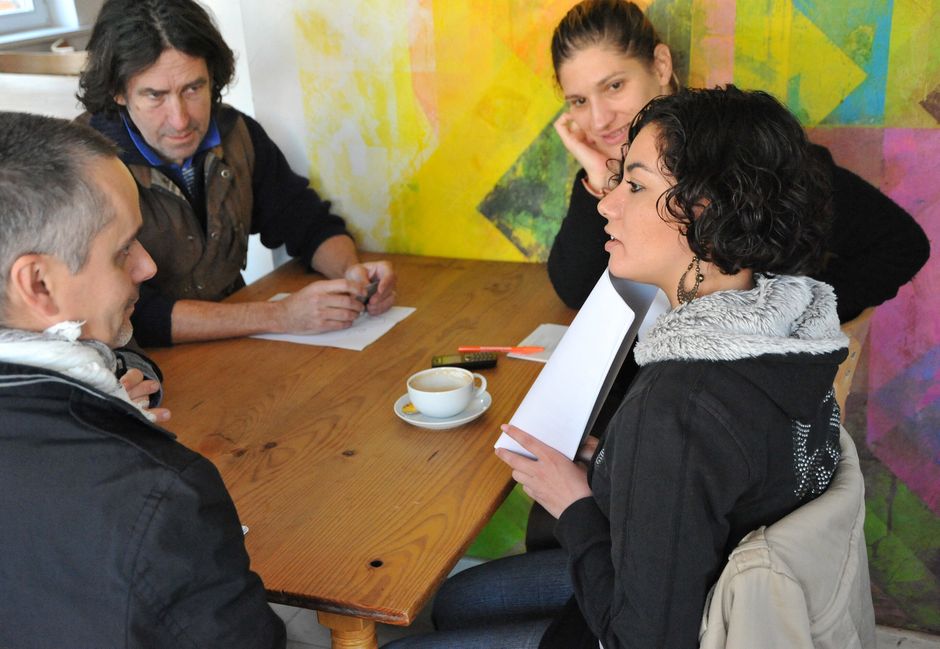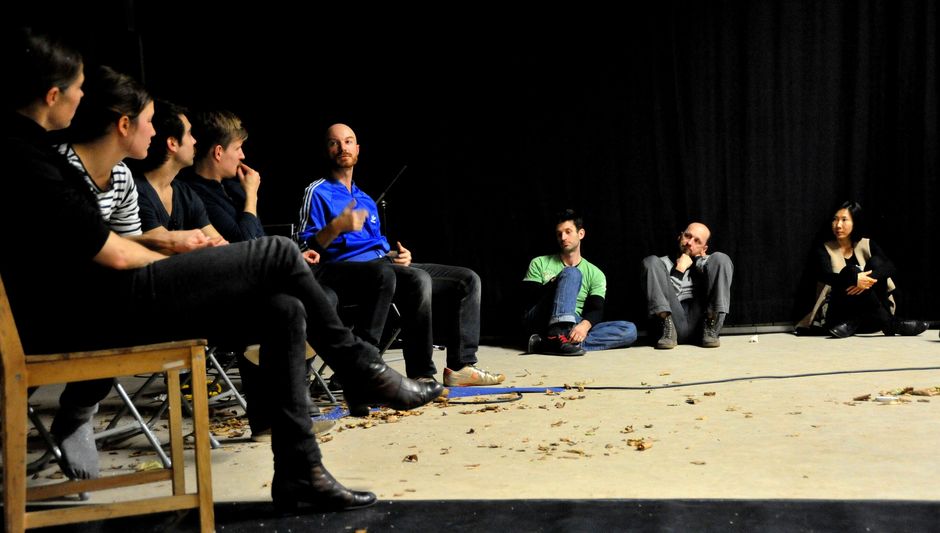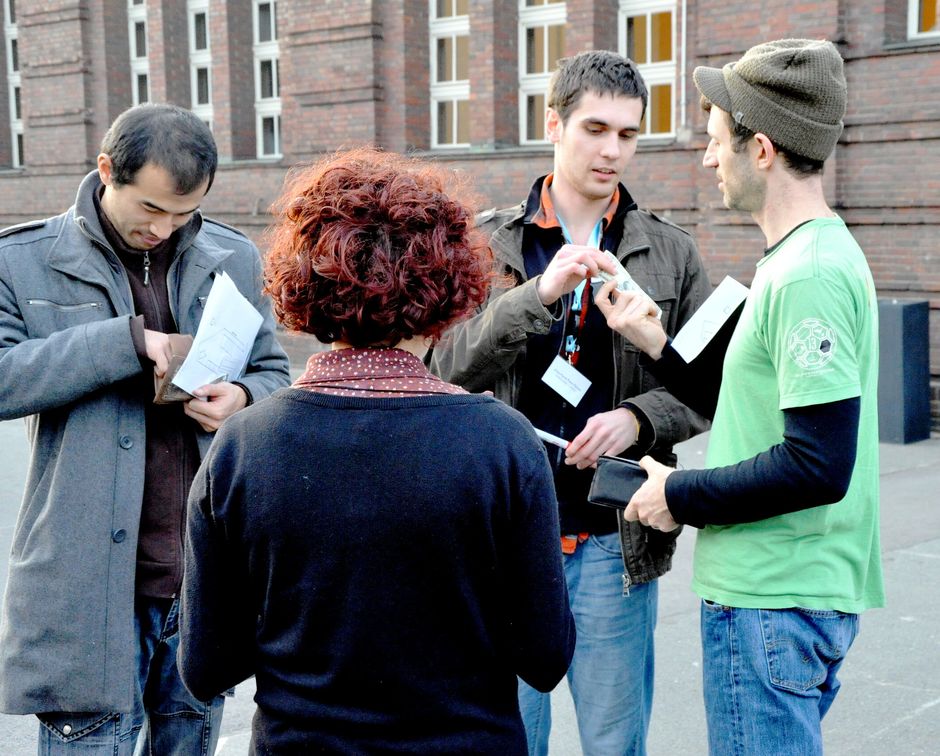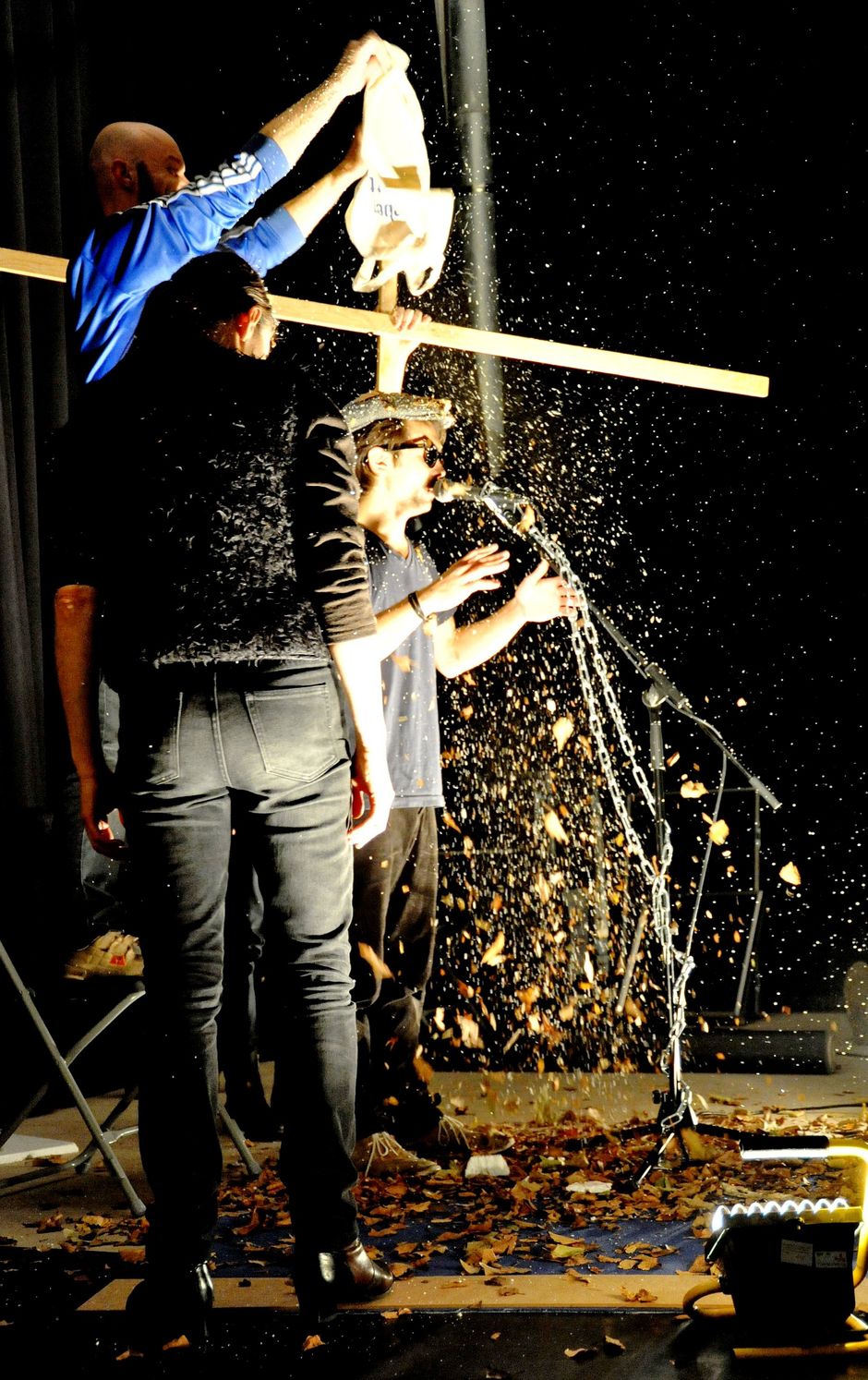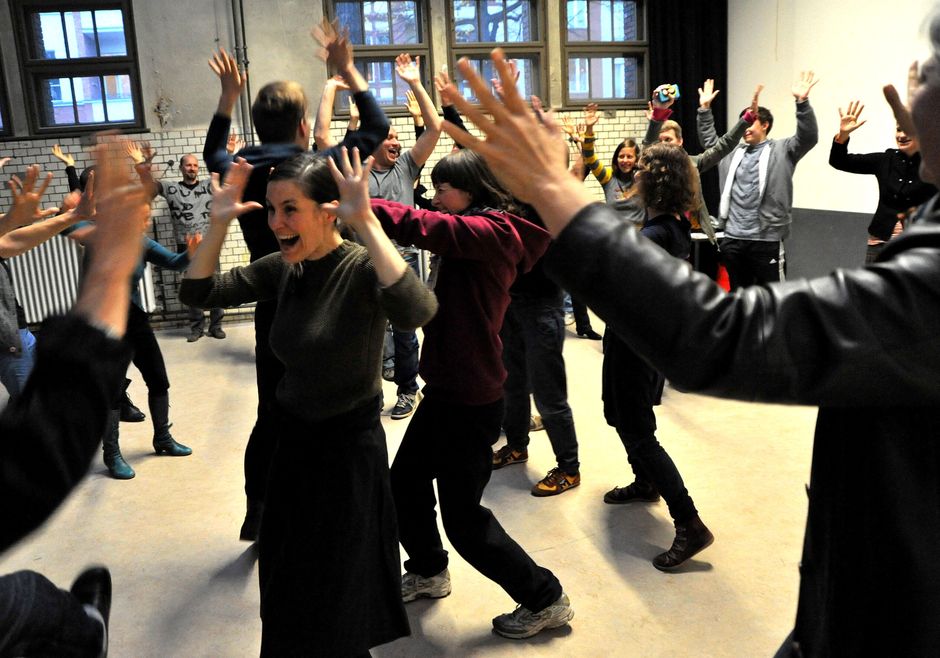Erasmus Intensive Programme (2011-2013)
Practicing Composition: Making Practice
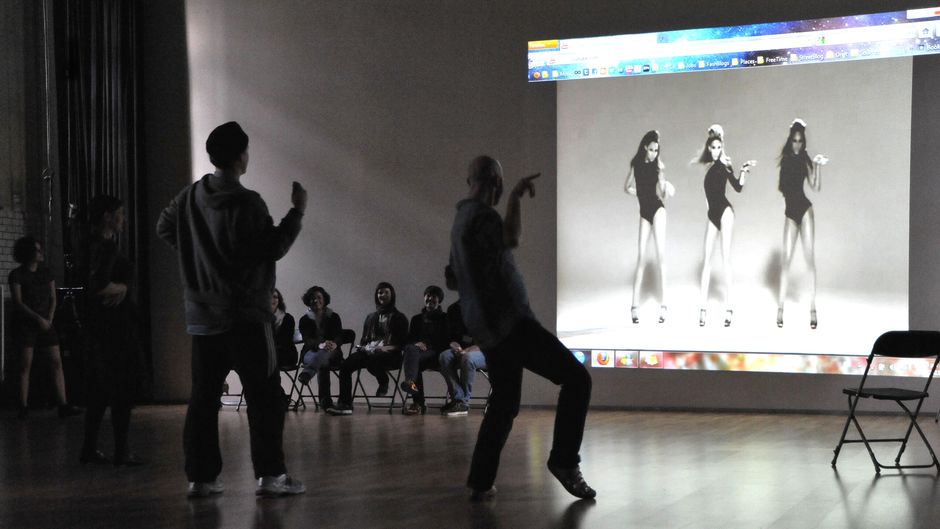
The Erasmus Intensive Programme provided a framework for the live, interactive sharing, discussion and analysis of dramaturgical, compositional and choreographic approaches to the making and composition of physically-based performance that where currently in use in a number of practice-led graduate dance and choreographic programmes in Europe. The central investigation of the IP asked how these approaches differed from or complement each other; and what kinds of pedagogical methods or approaches were used to develop, train and teach practice-led education in the composition and making of performance.
The main objective of the IP was to identify, assess and integrate into partners’ programmes innovative and generative approaches to composition, and to examine how these approaches could be shared with and linked to the context of current and emerging professional practice.
The target group included graduate students and staff from five European practice-led and study-based MA programmes in choreography, dance, and dramaturgy, with links to independent professional networks and other related programmes within the HEI sector.
The main activities of the IP included sharing developmental and collaborative work on making performances that utilised multidisciplinary, technical, contextual, theoretical or conceptual strategies for composition; interdisciplinary and practice-led approaches to compositional research for artists; the sharing of performance work; and the development of models of publication & dissemination of the outcomes and findings of the IP.
The learning outcomes of the IP supported the individual student’s capacity to utilize a range of compositional tools, strategies and techniques for their own and collaborative work; engaged with broader contexts of compositional strategies and tactics; communicated and co-operated with artists and practitioners from other disciplines and approaches; and attained knowledges needed for their own artistic development from other disciplines and approaches.
Participating MA study programs
Hochschulübergreifendes Zentrum Tanz Berlin (HZT) [MA Solo/Dance/Authorship SODA]
Solo/ Dance/ Authorship forms a poetics: a means of making; a compositional approach to contemporary practice. It questions the terms of its own constitution and in doing so opens potential and generative areas of enquiry. The MA-SODA does not therefore propose a restricted approach to solo dance making, but sets up the conditions that allow students to identify and develop for themselves and with others their compositional and embodied practice and its contexts. ‘Solo/ dance/ authorship’ as a mode of enquiry does not seek to establish a definition of its terms but proposes an increasing understanding of the range of its possible manifestations, contexts and applications.
TeaK/ Helsinki [MA Choreography]
The concept of choreography is treated as a cultural construction and as such it is a terrain for new founding in every work of art. Therefore the pedagogy could not be based on any existing genres or styles of dance and composition but it has to set its starting point on a more profound level of bodily existence, kinaesthetic experience and artistic knowledge. The pedagogical aim is to offer both means to create and understand historically grown forms of movement composition but also means to analyse and deconstruct the organizing principles behind these forms. This double strategy is challenging for the students (and the teachers) but it aims to support with professionalism and artistic quality the student’s ability to renew the perceptual forms and manifestations of dance art in order to be in true interaction with his/her lived world.
ArtEZ/ Arnhem – [MA Choreography]
Central to the program is a practico-theoretical investigation of the tension(s) between improvisation/composition, process/product and materiality/immateriality. From within the individual choreographic practice-based research, students identity specific questions/problems which are then unfolded in three different but intimately inter-related discourses: the choreographic work itself, the written thesis and the branding materials.
TrinityLaban/ London – [MA Dance Theatre]
The programme provides the opportunity for students to engage in the creation of dance theatre work which pushes at the boundaries of the discipline. This will be work that focuses on the live act and does not necessarily involve the display of technique or the abstract arrangement of bodies moving in space. It will not always appear in dance spaces, and may address an audience outside of theatrical frameworks – or it may redeploy these techniques, spaces and frameworks to position the performing body in new relationships to the bodies of the spectator. The interrogation of ideas of ‘the body’ and of ‘performance’, as posed by traditions of dance and theatre as well as by other art forms, are central to student’s research.
Academy of Dramatic Arts/ University of Zagreb – [MA in Dramaturgy]
The MA program has been designed to meet the requirements of ever changing (in)discipline of dramaturgy and the dramaturge’s role in performance, film and media arts. The reasons for making such a programme have arisen from the deep connection of our studies with art production itself and the entire cultural life not only in Croatia, but abroad as well. We have laid emphasis on the group work, collaborating skills, getting to know cultural, social, political and market conditions as regards art production and creativity, articulation and reflective skills in the field of art and the skills of creating conditions for independent work. The program is based on an integration of individual projects, taught curriculum and research.
ERASMUS Intensive programmes by the European Commission
An Intensive Programme (IP) was a short programme of study which brought together students and teaching staff from higher education institutions of at least three participating countries. It could last from 10 continuous full days to 6 weeks of subject related work.
An IP aimed at:
Encouraging efficient and multinational teaching of specialist topics which might otherwise not be taught at all, or only in a very restricted number of higher education institutions;
Enabling students and teachers to work together in multinational groups and so benefit from special learning and teaching conditions not available in a single institution, and to gain new perspectives on the topic being studied;
Allowing members of the teaching staff to exchange views on teaching content and new curricula approaches and to test teaching methods in an international classroom environment.
Funding Support

